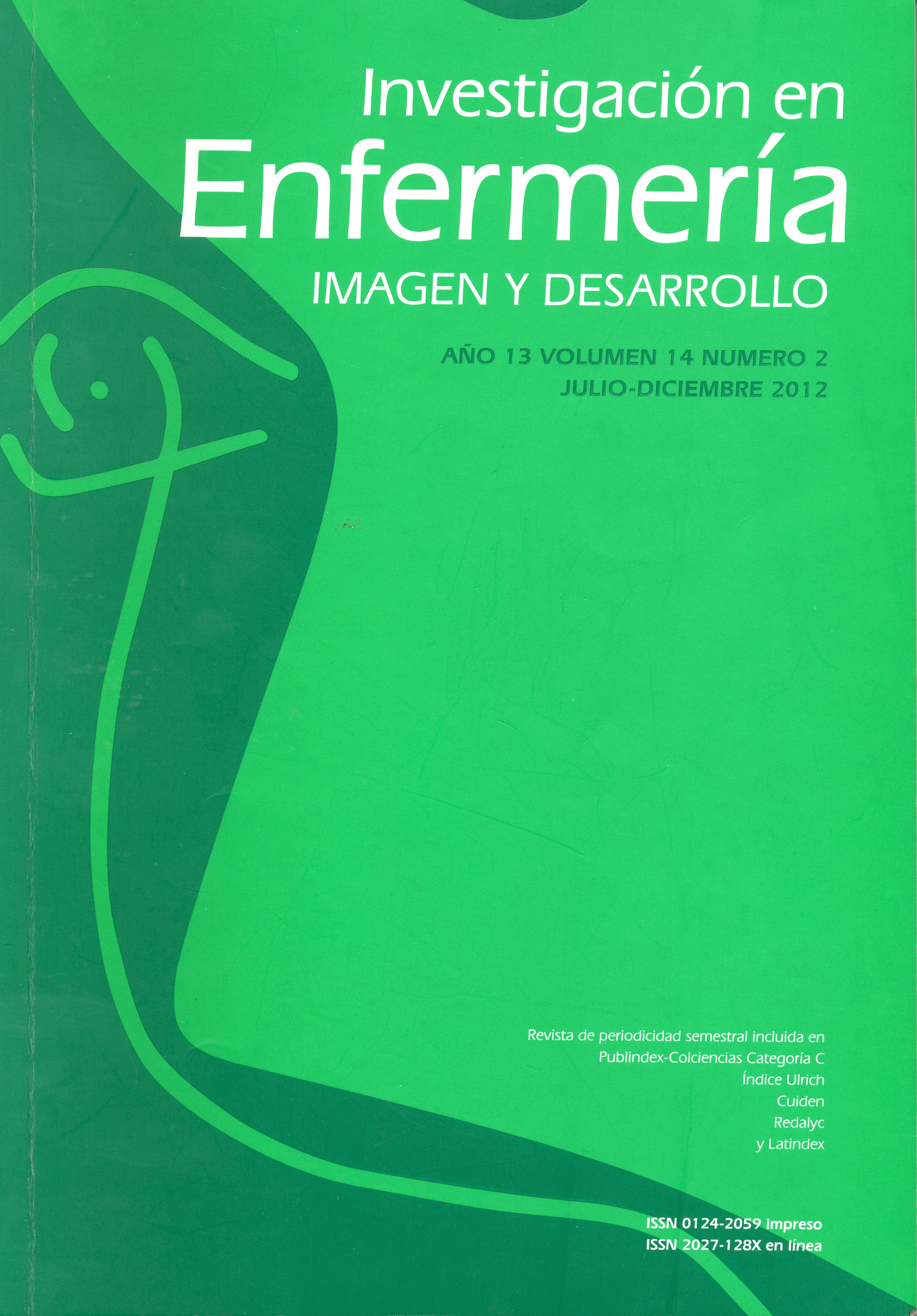Abstract
The purpose of this article is to highlight the importance of developing different research which, beyond the description of the different practices and knowledge of the indigenous communities, reveal the inequalities and social injustices that they live in.
The argument is based on three moments of research: a qualitative study conducted during 1992 and 1993 with the indigenous peoples of Colombia from different regions of the country. A documentary research on health carried out in Colombia from 1935 to 1996, with the indigenous and Afro-Colombian population, and a review of the recent research on the health of the indigenous peoples from Colombia. The first part of the article presents a review of the concepts of social justice and equity, within the context of the Declaration of Alma-Ata and the framework of the social determinants of health. Then, an analysis of the situation of the indigenous peoples in Colombia is made -from the research on their health-, and five critical issues between indigenous health and equity are taken into account: land: property, violence and forced migration.
Resources and Environment: poverty and possessions. Power: self determination, abuse and dependence. Identity: discrimination and recognition. Health status: tradition and modernity. I intend to analyze the Colombian case in order to provide elements to the understanding of the health problems of the indigenous peoples in other contexts. The article concludes with some recommendations on global and local actions in indigenous health.
The journal Investigación en Enfermería: Imagen y Desarrollo is registered under a Creative Commons Attribution 4.0 International Public License. Thus, this work may be reproduced, distributed, and publicly shared in digital format, as long as the names of the authors and Pontificia Universidad Javeriana are acknowledged. Others are allowed to quote, adapt, transform, auto-archive, republish, and create based on this material, for any purpose (even commercial ones), provided the authorship is duly acknowledged, a link to the original work is provided, and it is specified if changes have been made. Pontificia Universidad Javeriana does not hold the rights of published works and the authors are solely responsible for the contents of their works; they keep the moral, intellectual, privacy, and publicity rights.
Approving the intervention of the work (review, copy-editing, translation, layout) and the following outreach, are granted through an use license and not through an assignment of rights. This means the journal and Pontificia Universidad Javeriana cannot be held responsible for any ethical malpractice by the authors. As a consequence of the protection granted by the use license, the journal is not required to publish recantations or modify information already published, unless the errata stems from the editorial management process. Publishing contents in this journal does not generate royalties for contributors.


